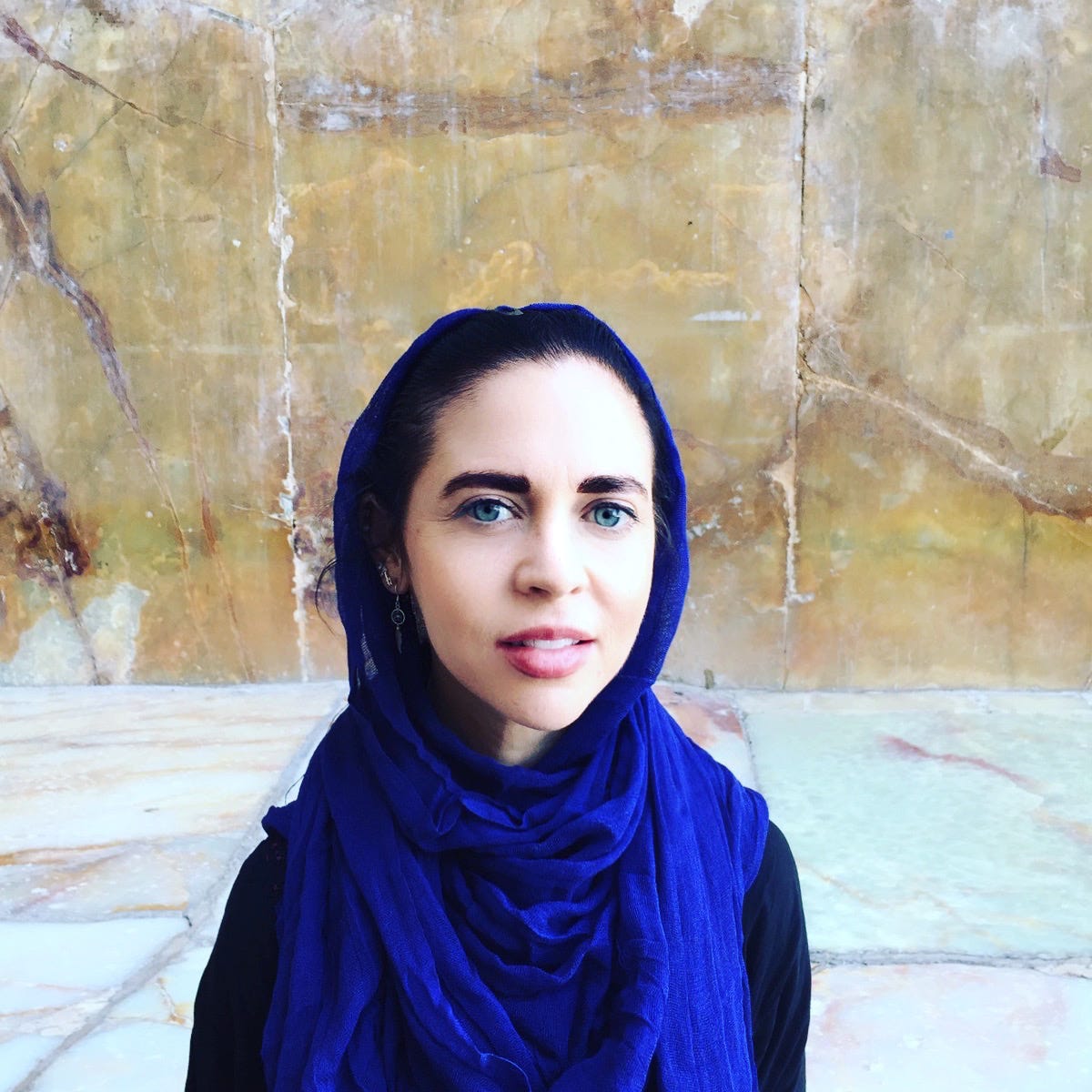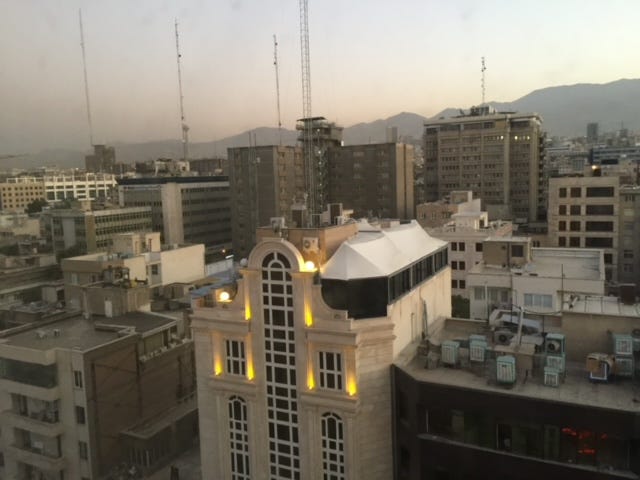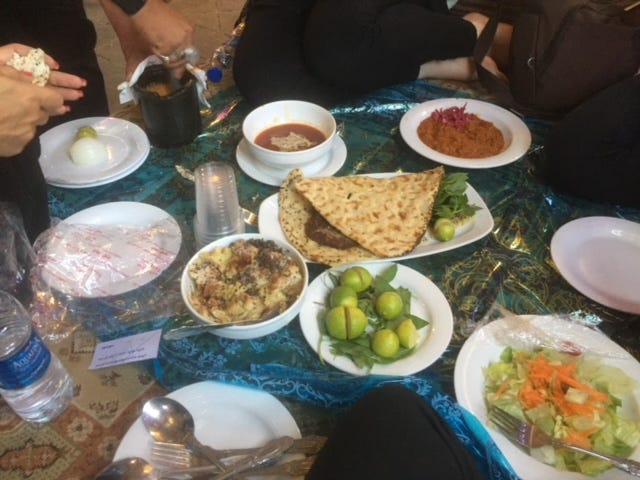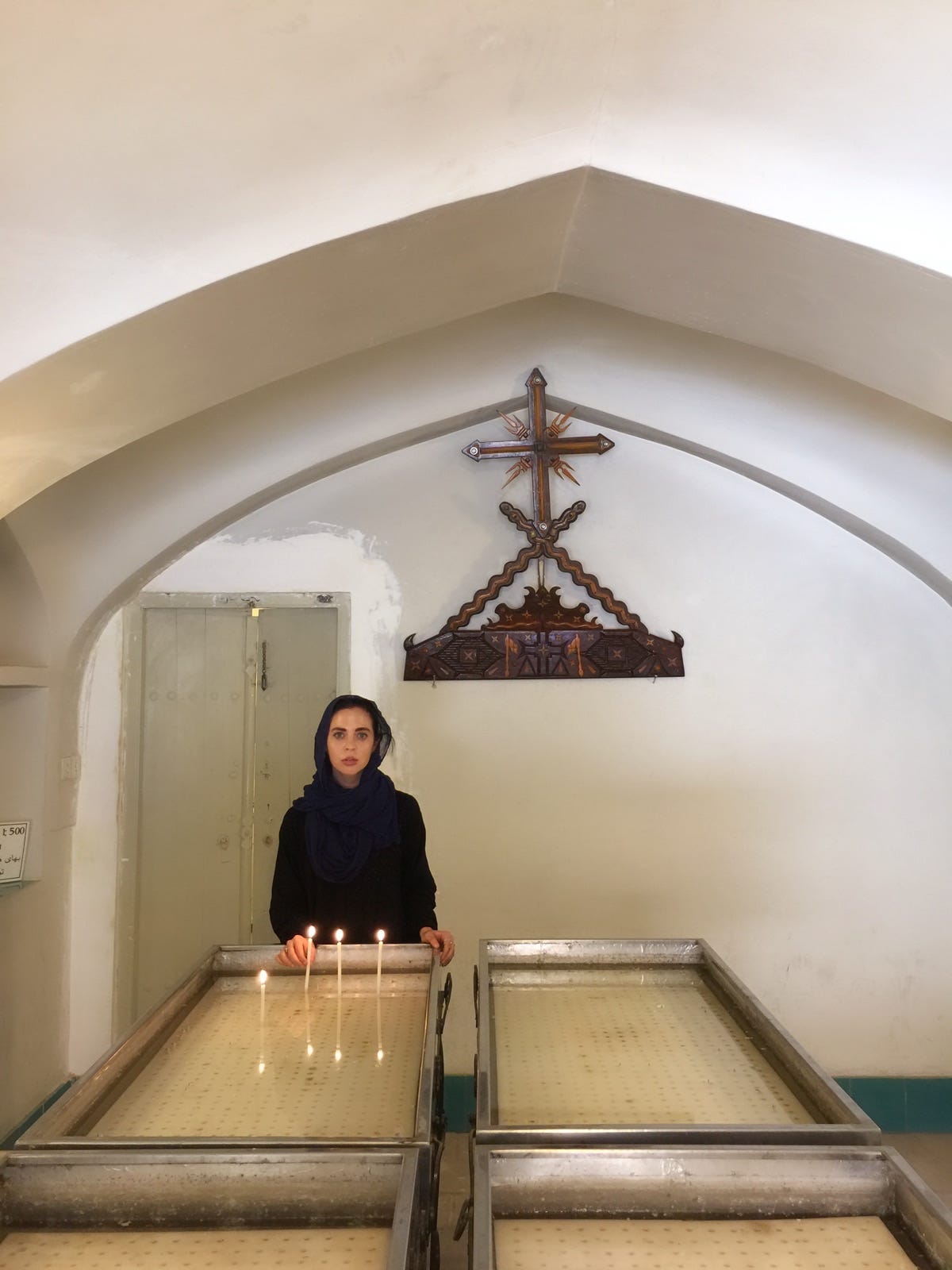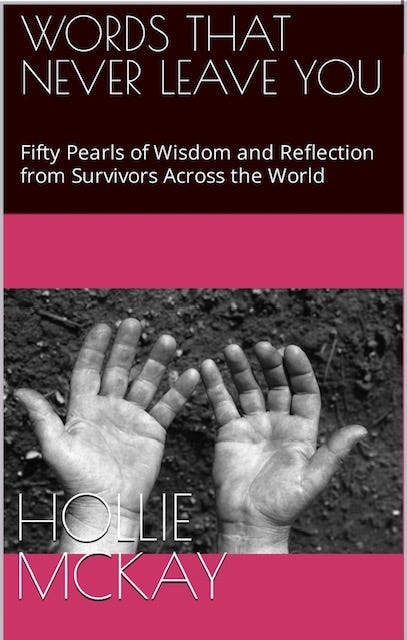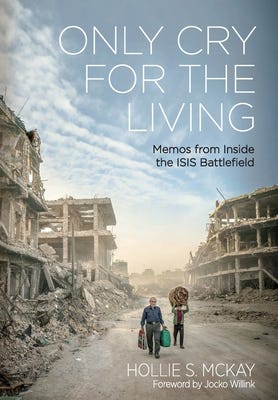What it is really like as a western tourist in Iran: Part One
Dispatches from the Summer of 2017. Part One of Two.
“Are you sure you want to do this?” my boss asks me earnestly from behind his paper-lathered desk.
“Yes,” I quickly respond, exuding far more confidence than I feel.
I am headed to Iran this weekend. Not technically as a journalist, and I don’t intend to write any specific stories, but as a curious writer obsessed with learning about things from the ground, not from a textbook or college class. And there is no more alluring land than this, the omnipresent enemy of the United States of America since 1979.
I also know this may be my last opportunity to visit the pariah nation, given that my U.S. citizenship papers could come through any day. I had applied six months earlier, just before leaving California, having reached the goal line as a green card holder for five years. Yet, in a typical bloated bureaucracy fashion, the government could not transfer between coasts and continued sending Los Angeles appointments despite my frequent calls, emails, and online notifications of an address change. Finally, out of frustration, I did something a little shameful and pulled the press card. The head of communications kindly said she would sort out the matter.
Once an American, even as a dual citizen, my privileges in drifting across the mystifying Persian landscape would be revoked, not to mention my safety, a greater cause of concern. It was now or never.
Weeks earlier, and on a sleepless Saturday night, I had searched for tourist excursions to Iran and corresponded with a friendly operator. She informs me that I can obtain a visa on arrival as an Australian, but would first need to qualify for “a code.” I am honest with her about my line of work; even she was surprised days later when the code was issued in my name. Excitedly, I wired the non-refundable deposit money for the budget trip across the country to their Hong Kong registered office (Iran is under hefty sanctions, after all) and booked Emirates flights to Tehran by way of Dubai.
And then I spent the next few weeks talking myself into a state of absolute, palm-sweating panic. I could not bring myself to click on any story raising the alarm about another westerner taken as a political prisoner. I had tapped into fear. Terrorist and insurgent outfits like ISIS and the Taliban did not scare me so much, but rogue regimes did. They could apprehend you for any reason and take away the next five, ten, or fifteen years of your life as your government fought for your release. I am thirty-one. The golden years. What if they took me and took away my chance to have a child? The consternation of this factor surprises me, not because I ever thought of myself as a mother – I do not think I have that kind of domesticity in me – but because I never wanted that very personal decision taken away from me. No expedition is worth that.
But with an outside of audacity and an inside of stubbornness, I refuse to cancel.
I withdraw a wad of cash to change to Rial – there is no way to connect to the global banking system through an ATM in Iran due to hefty sanctions, and I know nobody in the country who can help me in an emergency – and board the plane. I pray I will see my cozy little apartment with the exposed brick again in a few weeks. We touch down in Tehran late on a Friday afternoon, the only weekend day in most Muslim societies. My heart is pounding. The airport is almost empty. It is bleak, rundown, and almost exactly as I remember it from the Oscar-winning Ben Affleck movie “Argo” about the thrilling CIA plot to rescue six U.S. diplomats amid the Iran Hostage Crisis.
After waiting in line and paying for government-mandated health insurance with just an Australian-made backpack and the clothes on my back, I stay in another line at the visa desk. The man suspiciously eyes me as I hand over my passport and code and the paperwork I just filled out. I do not lie. Yet semantics matter. I list myself as a “writer” and my employer as the parent company “of 21st Century Fox.” I could be anything – screenwriter, copywriter, PR writer. I hear raised voices behind the frosted glass screen. I silently pray that if they choose not to let me in, that they just put me on the next plane to Dubai.
The man with thick eyebrows and a menacing gaze comes out from the office and peers over me, demanding to know what I write about.
“Everything. Entertainment, movies, culture, art, travel,” I counter, trying to act cool and collected.
He waves his hand.
“And? And?” he seethes.
“Politics, policy, the world,” I continue, a little more timid this time.
He shoots daggers from his eyes into mine and marches back behind the door. Everyone else, even those behind me in the line, have all received their visas and are long gone. The travel company had arranged for a driver to pick me up and take me to the hotel. I am also required to give him the remaining cash for the trip. Is he still there? I am not switching my phone on in Iran. I pace a little and sit alone on a chipped plastic row of chairs. Again, I hear those same raised voices. Now they are almost yelling. I do not know Persian, but I hear my name chorused multiple times.
The man returns. He asks me more questions about my travel history and residence in the United States. He flips again through the multitude of visas and stamps. Rather than making him more suspicious, though, it may have assured him of my globe-trotting and wanton ways and that trekking off to taboo Tehran is typical for an explorer like me.
He disappears again. The sun is dipping, sending splashes of harsh light onto the bare floor. Minutes go by, and the fiery temperature of late August grows warmer and warmer. And then he returns to me, handing over my passport without so much as a word. I giddily stare down to see a temporary visa for the “Islamic Republic of Iran.” I bolt through the stifling airport as if my life depends on it.
“Hollie?” asks a man, my driver, in halting English. “I nearly left. What took you so long?”
It hits me in the snarling, traffic-choked drive across Tehran – past oversized images of Ayatollah Khamenei and his predecessor Ayatollah Khomeini – that I am here. Really here. I did it. I am doing it.
With a population of fourteen million, the wide, smoggy streets teem with lurching, diesel-fueled motorcycles and never-ending streams of timeworn vehicles honking horns. My driver accidentally bumps into a motorcyclist who cuts in front of us. They abuse each other in Persian, and we continue stammering through the thick traffic. The air is dense with an ash smog that seems to cling to everything – every car, building, piece of clothing – is left lacquered in tiny pebbles of darkness.
“Because of the sanctions, we can’t get proper fuel and equipment to clean the air. So we die of cancer; babies die of cancer because of this,” the driver tells me, his silvery mustache twitching with bitterness.
I check into a quaint hotel with beautiful paintings cast against peeling walls. The front desk takes my passport and declares they cannot return it until I check out, as is customary across all hotels in Iran. I feel a jolt of unease and force myself to let it go. I learn that American, British and Canadian tourists cannot even step out of their hotel without an escort. But as an Australian, I am free to wander at my leisure. My head scarf firmly in place, I set out into the Friday night streets, looking for something to eat. A man driving by stops his car and starts yelling at me. I make out just enough Persian to understand that I – as a woman – am walking unsupervised. I rise early the following day, fueled by edgy elation. The sun clambers early from behind the distant mountain ridge, casting a faint rose light against the caramel-colored buildings reaching into the sky.
After a bountiful breakfast of Persian cheeses, boiled eggs, and warm, soft bread, I take a cab to another hotel to meet my tour guide, a young college graduate named Mahnaz, which means glory or beauty of the moon. She wears her black hijab as loosely as possible, complemented by thick black eyeliner and long, manicured red acrylic nails.
Mahnaz whispers she has a boyfriend in Dubai and goes shopping there whenever she can to collect designer bags and luxurious skincare. Then, she sneaks away to the confines of the bathroom to take selfies without the hijab and posts these in Telegram channels with her girlfriends, their equivalent of a social media feed.
Two British sisters a few years younger than me join us for the excursion. They are sweet and inquisitive, enamored by ancient maps, camels, and intricate Persian rugs. I can’t help but pepper Mahnaz with questions about life, love, and childhood dreams. I am not technically working, but the journalistic itch is as second nature as breathing. Over tea and Persian ice cream, which is colored bright tangerine and topped with almonds, pistachios, walnuts, hazelnuts and pepitas, she explains how every tour guide must be certified by the Iranian government and each day; she writes a feedback report for her boss.
I take this as her gentle way of warning me that we are never entirely alone. Still, I feel an immediate attachment to Mahnaz, who hails from the southwestern city of Shiraz. She is like any of my girlfriends back home. Only she is stranded in a society whose leaders are paralyzed by the passage of time.
We spend the day drifting through bustling markets, heaving with spices, antiques, and roasted nuts. We visit elegant galleries and the outside of ornately carved mosques, the famous marble throne balcony and Shams-ol-Emarah, which translates to “the building of the sun.” It is one of the oldest historic monuments in Tehran and belongs to a cluster of royal buildings once enclosed within the mud-thatched walls of the capital, once a sparkling citadel.
Perhaps pushing my luck a little over dinner – overflowing brass bowls of kebabs and buttery saffron rice – I probe how Iranians perceive Evin prison. In the west, it is considered one of the most visceral motifs of Iran’s authoritarian rule and one of the harrowing confines on the planet. However, Mahnaz shrugs and answers, “it’s just a prison, like any prison…”
For the next couple of weeks, the four of us take overnight buses and spend the late summer days ingesting as much of the country as possible, dispersing into the vast country. I marvel for hours at the unique Persian architecture of Yazd and the dedicated women patiently hand-weaving cloth. I disappear into magnificent wind towers as a respite from the summer sun. When the twilight skies emerge, I watch Persian boys play soccer on rooftops set against the glistening desert.
My throbbing angst never quite leaves me, the dread of being hauled away in the dead of night by illusory Iranian Revolutionary Guard Corp (IRGC) commanders. I shower with the lights turned off and change my clothes awkwardly beneath the bed sheets. Still, I try as hard as possible to be in the moment, to take it all in, knowing that I will probably never have an opportunity to return to Iran. At least not anytime soon. This is my one opportunity.
PLEASE CONSIDER A PAID SUBSCRIPTION TO THIS SUBSTACK TO HELP KEEP INDEPENDENT WRITING AND JOURNALISM ALIVE. THANK YOU SO MUCH FOR YOUR SUPPORT.
For speaking queries please contact meta@metaspeakers.org
HOLLIE’S BOOKS (please leave a review)
** Short read of meaningful lessons gleaned from the ordinary forced to become extraordinary
Order your copy of “Afghanistan: The End of the US Footprint and the Rise of the Taliban Rule” out now.
For those interested in learning more about the aftermath of war, please pick up a copy of my book “Only Cry for the Living: Memos from Inside the ISIS Battlefield.”
If you want to support small businesses:


